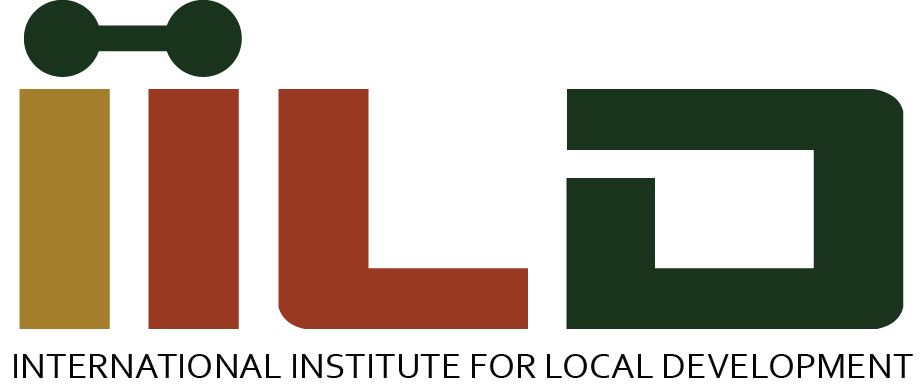Course Description
This five-day workshop provides an introduction to participatory development strategies with practical applications of methods used in project planning and sustainable community development. A set of tools and techniques is introduced to illustrate the integration of theory and practice and its foundation in a human rights approach to development.
Learning exercises guide participants on how to facilitate the process of participatory development and action research. The training selects diverse participatory tools and techniques for use at each project cycle stage and with appropriate stakeholders. Multiple types of mapping, calendars, matrices, diagrams and problem analyses will be practiced in group work. The merits of approach and selected tool will be assessed in the process.
Participants study strategies to empower locals to consciously make social changes and work together to organize plans that bring about new ways of defining their world. Participants learn to manage this socio-economic transformation and facilitate the reversal of the social hierarchy controlling knowledge and decision-making. The perspectives on sustainable change of local community partners and outsiders are evaluated in varying social-cultural contexts.
Participants also learn that their development work is improved by transformative learning tools and techniques. Locals also become empowered with skills, status and knowledge in their practice.
Course Objectives
Participants will come away with an understanding of:
- The benefits, variations and forms of participatory development
- The essential tools and techniques for participatory development
- Participatory approaches to community project planning
- The importance of involving local stakeholders at all stages of a community project, including research, design, implementation, monitoring, evaluation, and advocacy
- The human rights of active engagement of local stakeholders and women
- The value of breaking down conventional hierarchies of knowledge, power, and capabilities to ensure project success
- The importance of constructing trusted relationships that precede solution-finding and commitment of resources
- Participatory Development as a theory of transformation and a human rights approach to community development.
Target Audience
The course is designed for representatives from government, project teams, NGOs, multi- and bi-lateral development organizations, consultants who are typically employed as community development practitioners, project managers, technical specialists, applied researchers and other development practitioners that wish to incorporate participatory development approaches into their work.
Format
The course will include instructor presentations, case studies, individual and group exercises and team field trip exercises. Certificates will be awarded on the final day of the course to those with full attendance.

